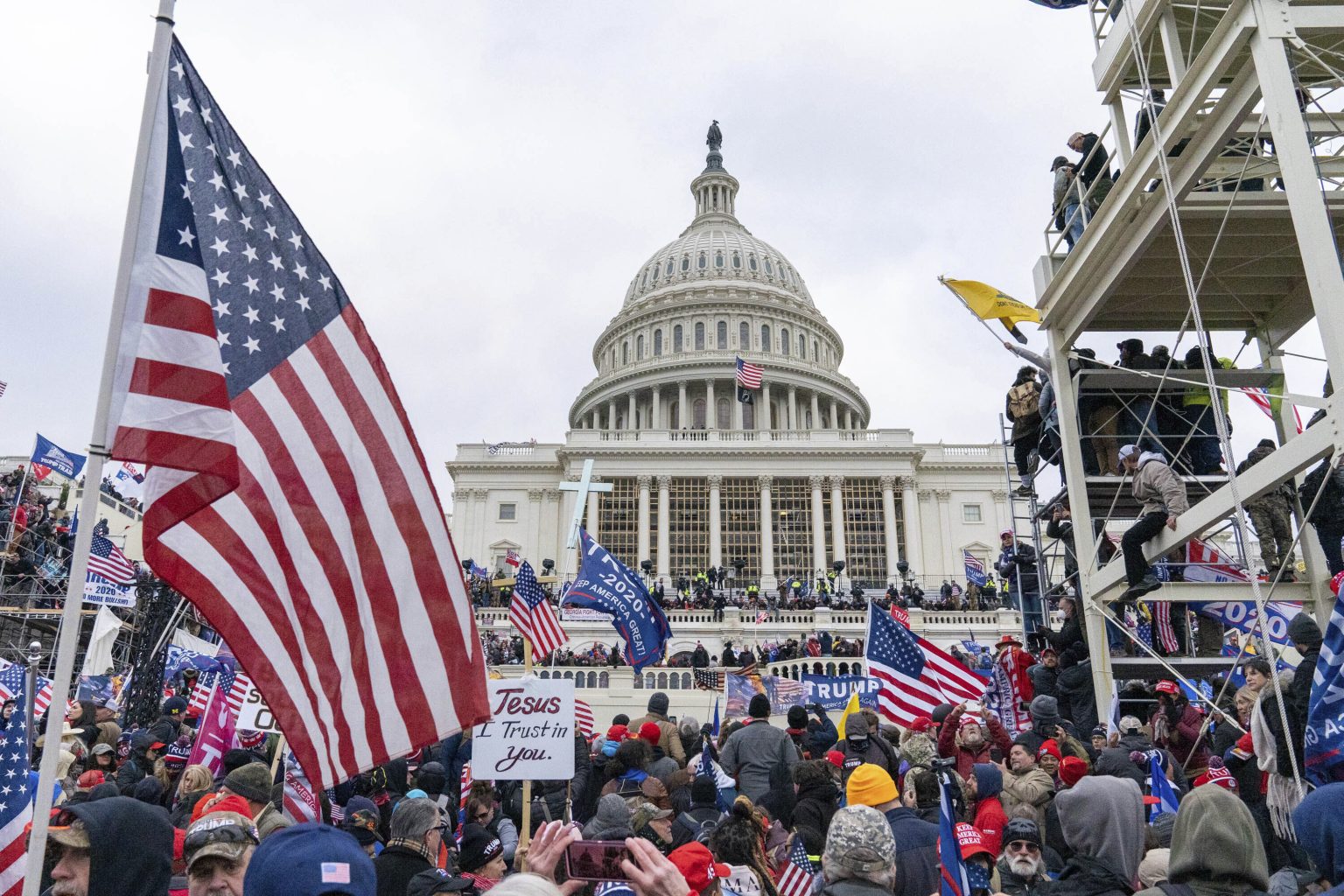Jill Stein, the Green Party’s presidential candidate, has stated that she would have to carefully review the charges and sentences of the January 6 rioters before deciding whether to pardon them or not. This statement comes in the midst of ongoing debates regarding the fairness of the sentences handed to hundreds of MAGA supporters who breached the U.S. Capitol in an attempt to overturn President Joe Biden’s election win in 2020. Former President Donald Trump had promised to pardon over 1,000 individuals charged in connection with the event.
During an appearance on the conservative podcast Ladies Love Politics, Stein emphasized the need to assess individual charges and sentences before making a decision regarding potential pardons for the January 6 rioters. She acknowledged the seriousness of the events on that day, stating that those who broke laws should be held accountable, but also expressed the need to review the specifics of each case before determining the appropriateness of the sentences handed down.
While acknowledging the severity of the events that transpired on January 6, Stein also noted that the situation has been highly politicized, with extreme polarization on both sides of the issue. She expressed concern that the debate over the event has become divisive, with individuals facing judgment regardless of the stance they take. Stein highlighted the complexity of the situation and the need for a thorough examination of the charges and sentences before any decisions on pardons can be made.
The longest prison sentence issued for involvement in the January 6 events was 22 years, given to Henry “Enrique” Tarrio, the former leader of the Proud Boys, who was found guilty of seditious conspiracy. Another individual, David N. Dempsey, received a 20-year sentence after pleading guilty to assaulting police with dangerous weapons during the attack. However, concerns have been raised about the fairness of some sentences, with claims that individuals like Dempsey are being penalized for their beliefs in the Constitution.
One defendant, Patrick Stedman, had his release ordered by U.S. District Judge Beryl Howell in August after the Supreme Court ruled that federal felony “obstruction of an official proceeding” charges require proof that documents or records were impaired. Stedman, who was convicted of felony obstruction and additional misdemeanor charges, will not be released until October 27 due to a separate mandatory sentence related to his misdemeanor convictions. These developments highlight the complexities and legal challenges surrounding the prosecution and sentencing of January 6 rioters.
Overall, the debate over pardons for January 6 rioters continues to be a contentious issue, with various opinions on the fairness of the sentences handed down. Jill Stein’s cautious approach, advocating for a detailed review of individual cases, reflects the need for a balanced and thorough assessment of the charges and sentences before any decisions are made. As the legal proceedings unfold and new information emerges, the discussion around pardons for those involved in the Capitol breach remains a topic of significant public interest and scrutiny.


